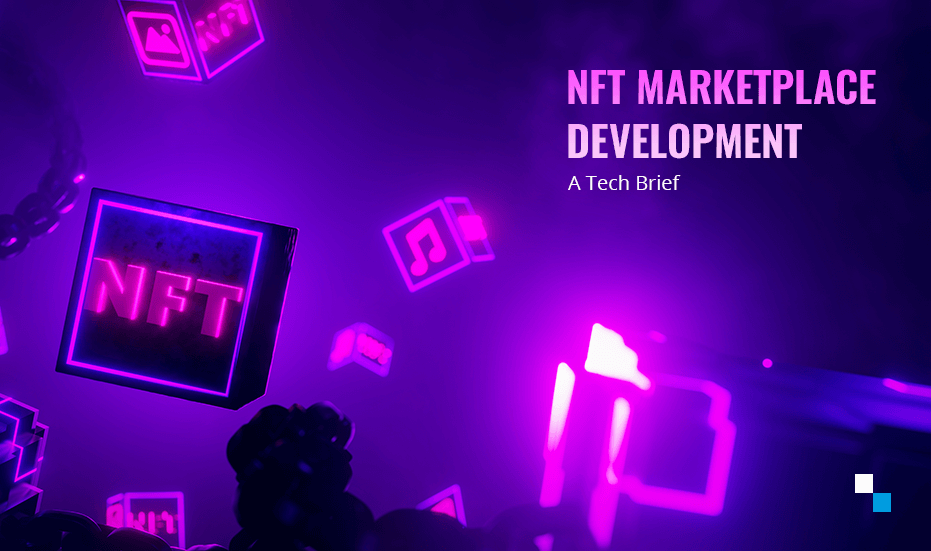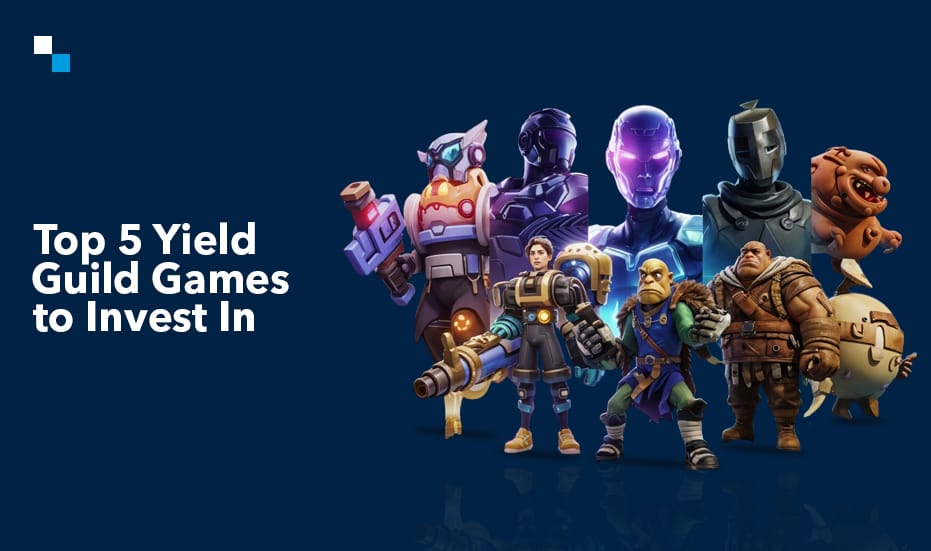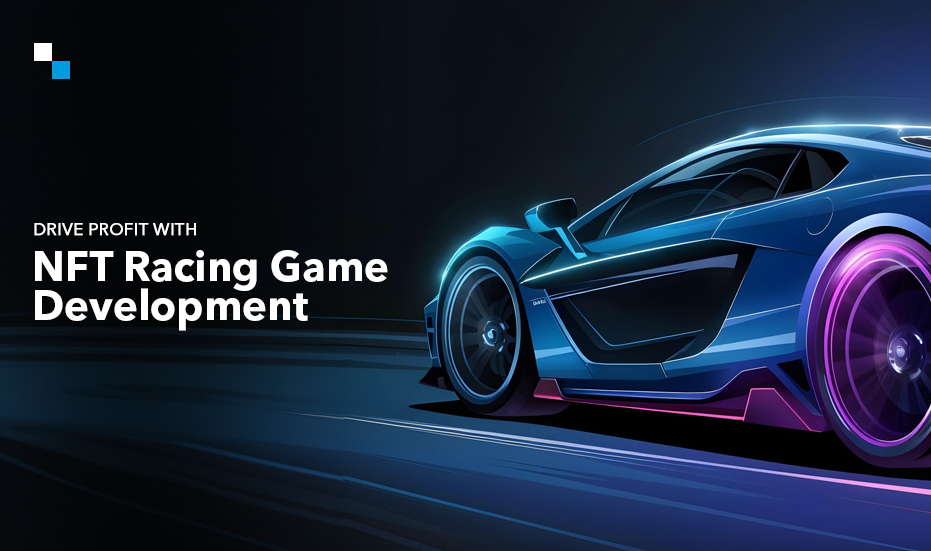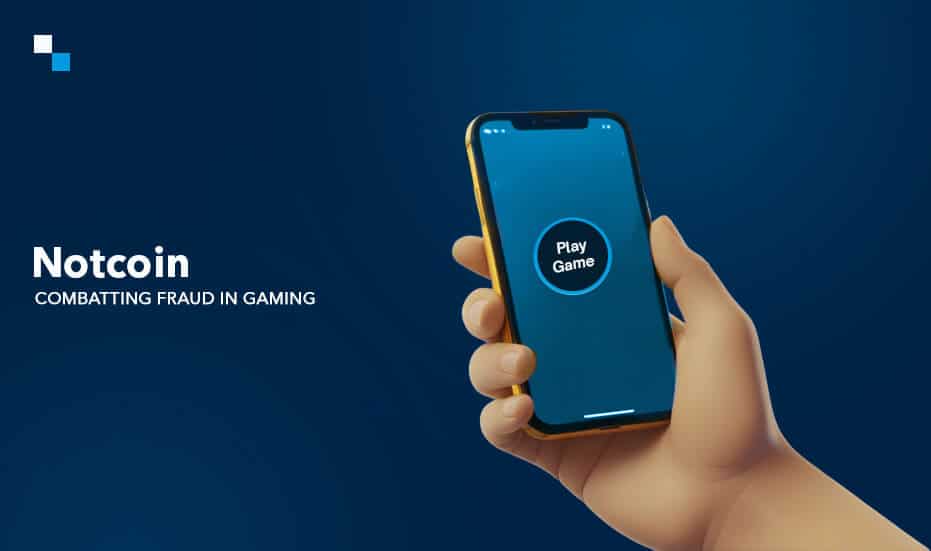
Futuristic Impact of Blockchain on Health and Life Insurance
December 22, 2022
Factoring Fortune with Blockchain Technology in 2023
December 23, 2022NFTs, a name that wasn’t even used a few years ago, have completely captivated people’s attention because of their peculiar and unusual character. The Twitter CEO’s first-ever NFT was sold for a stunning $3,000,000. Just consider how much a five-letter tweet’s worth would increase if it were integrated with blockchain technology. NFT Marketplace Development business is currently pegged at about three billion dollars, and it is drawing entrepreneurs, investors, millionaires, artists, and influencers. So investing in the development of the NFT Marketplace and NFT Marketplace Website Developer is clearly a wise decision that will pay off in the long run.
Non-fungible Tokens, or NFTs, Any digital object, including screenshots, memes, gifs, works of digital art, and playing cards, can be used as a token. Digital marketplaces allow users to buy, sell, or even mint their own NFTs if the platform allows it. OpenSea and Rarible are two well-known instances. NFT Marketplace apps have been created by NFT Marketplace Developers to help with this provision, taking into account the potential of this industry and the rapid growth it has seen in the few years since its introduction. With only a few clicks, consumers may instantly access the market and buy or sell NFTs thanks to these apps. Let’s dig more about this
NFT Marketplace Development: What exactly is it?
Let’s first grasp the foundations of NFTs before going on to the definition of an NFT marketplace. A non-replicable cryptographic token known as an NFT resides on a blockchain and is one of a kind. Real-world tangible assets like artwork, real estate, collectables, and even specific memories can be replicated by NFTs. NFTs cannot be swapped for one another because each token has a distinct value as well as distinct characteristics.
- Unique value: Two NFTs cannot have values that are identical. Exchanging one NFT for another is not possible.
- Genuineness: Every NFT has an owner. Ownership can be identified by the NFT Marketplace Website Developer.
- Integrity: Each NFT is a whole that cannot be broken down into smaller components.
- Originality: Every NFT is different. Its individuality is established by a special value and collection of metadata.
- Location – NFTs are a component of a blockchain. A digital marketplace for purchasing and selling Non-Fungible Tokens is called an NFT marketplace. Niche marketplaces are more in demand, as they specialize in selling specific types of NFTs.
Technology Framework for the Growth of the NFT Market
Once you’ve decided on all the features you want to see in your NFT marketplace, you need to select the appropriate tech stack and NFT Marketplace Developer for your project’s real implementation. The NFT standard that your marketplace, blockchain platform, storage platform, and front-end development framework support must all be carefully chosen.
Cryptocurrency platform
Your NFT marketplace will function on a blockchain platform as its base. Ethereum is typically the first choice of NFT platform developers due to the publicly verifiable nature of transaction history and token metadata, which strengthens the security of NFT transactions. The back end of every Ethereum-based NFT marketplace is the same, making it simple for NFT owners to transfer their tokens. NFT developers also like the more current option of Flow for developing digital products, games, and apps due to its simple, user-friendly programming language. The Cardano platform has greater security and sustainability for NFT Marketplace Development.
Storage Platforms
Before beginning the development of an NFT marketplace project, you must select a storage site. The IPFS hypermedia protocol or the decentralised Filecoin storage network both work well for this. Pinata can also be an excellent choice because it complies with IPFS and ensures safe, verifiable NFT storage.
Front-End
To date, among the standards that support NFT are ERC-721, ERC-1155, FA2, dGoods, and TRC-721. When creating an NFT marketplace, each of them poses particular technological hurdles. Therefore, you and your NFT Marketplace Website Developer must choose a practical solution. The best front-end development frameworks for NFT marketplace development are Vue, Angular, and React. They are all easy to use, have clear, coder-friendly designs, and deliver quick results.
Choosing an NFTs Market Niche
We evaluate the needs of your target audience and look into the competition to help you find the appropriate niche and potential competitive advantages in the constantly growing NFT business. Some of the most popular niches are artwork, video game assets, music, sports memorabilia, real estate, and land.
Setting Up Smart Contracts
Smart contracts that autonomously mint NFTs and start buy transactions when the required conditions are met are created and programmed by us. We thoroughly test the smart contract code before deployment to make sure there are no bugs that dangerous hackers could use.
Considerations You Need To Tell Your NFT Marketplace Developer
- Examining your company’s needs- One must make sure that what they are aiming to build and how they will accomplish it are clear to the developers. To decide what you will produce, you must create a blueprint and review an overview. Considerations for NFT Marketplace Development should include the blockchain technology to be used, how it will differentiate itself from competitors, and how transactions will be handled.
- Specify needs and design- You need to get to work on it as soon as the fundamental foundation is established. Make a simple wireframe first, taking into account all the UI/UX design components. It should be simple to use and nonetheless appealing. Create a simple prototype with the bare minimum of features after that to examine the process, the app’s functionality, and the adjustments that will be made.
- Make it happen- What you need to focus on in total is now apparent. To give users the best experience, start working on the front end. Search for frameworks that satisfy your technical and business needs. Hire knowledgeable NFT Marketplace Developers who are talented in this area to assist you save time and focus on improving the entire product.
- Security Measures- Integrate cryptocurrency payment gateways that are already available on the market for customers to enable them to buy, sell, and transfer NFTs as well as pay for marketplace services. NFT Marketplace Website Developer use very effective cybersecurity solutions to secure the marketplace’s security and the sensitive data it stores (such as asymmetric data encryption, authorization controls for APIs, and AI-powered fraud detection algorithms).
Conclusion
Even though NFT Marketplace Apps are the newest thing, it’s not surprising that they demand knowledge and resources that might not be easily accessible. Due to their expertise, effectiveness, and a vast array of features, most companies choose to employ NFT Marketplace Website Developers for this service. The team must check that the app is functioning properly after release and fix any issues raised by user input.
A successful post-launch strategy is essential to the app’s long-term viability. Additionally, it’s crucial to create upgrades and features that boost your marketplace’s functionality and promote it. To help you create your project as smoothly as possible, Antier offers end-to-end NFT Marketplace Development that is transparent and secure, whether managing intelligent contracts, creating dApps, or creating crypto wallets.



